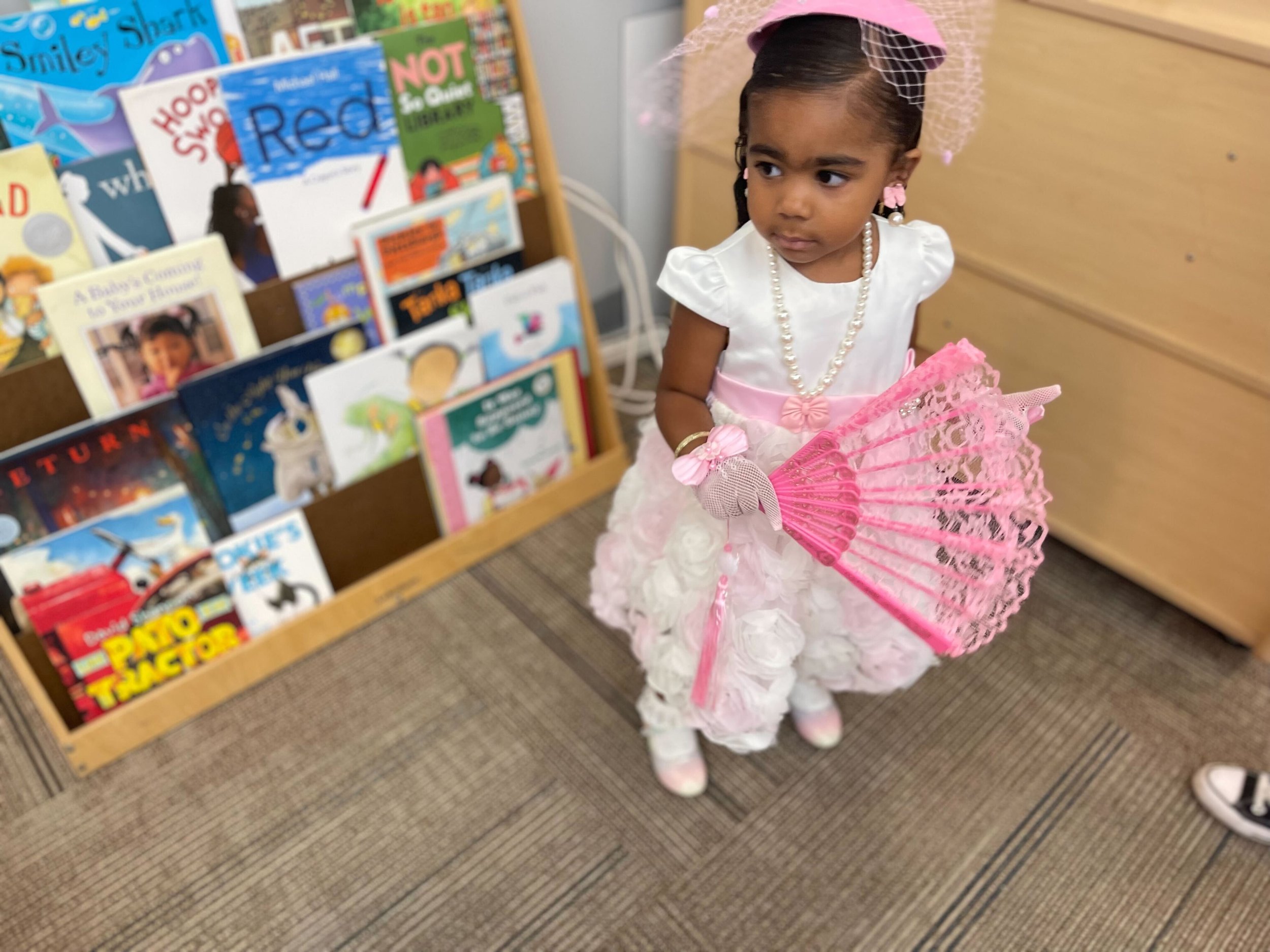Social-Emotional Learning and Play Intersecting
Singing and performing are also a part of socio-dramatic play.
Socio-dramatic play holds immense potential for nurturing emotional intelligence. This form of play, in particular, proves to be both dynamic and immersive for children to explore and understand their own and others’ emotions. This form of play involves role-playing and imaginative scenarios, which allow children to identify, experience, and express a wide range of emotions when an environment is safe and supportive.
Children take on different roles in the socio-dramatic play and experience a rich emotional landscape. Children encounter various emotions firsthand by pretending to be teachers, doctors, or parents, and they develop the ability to recognize and communicate feelings authentically. This process cultivates emotional literacy as children learn to label emotions and understand their causes and consequences. This type of play connects body and mind.
Empathy and world-traveling are also nurtured through socio-dramatic play. By playing different roles and interacting with peers, children gain insights into the emotional experiences of others. They learn to interpret non-verbal cues and facial expressions, fostering empathy and understanding of a multitude of emotions.
Embracing socio-dramatic play and emphasizing emotional identification empowers children to navigate the complexities of emotions with confidence and empathy. By providing many opportunities for socio-dramatic play, we equip children with lifelong skills to build harmonious relationships with themselves and others in the real world.
You child demonstrates socio-dramatic play and pretend play during a “tea party” story time at The Homewood Early Learning Hub & Family Center.
DAP Action Step: You can implement socio-dramatic play with your family by encouraging socio-dramatic play at home, in classrooms, or within your local community setting. Provide loose parts like props, costumes, and other open-ended materials that inspire imaginative play. Engage children in conversations about emotions, helping them identify and understand their feelings and those of others. By supporting socio-dramatic play, we enable children to develop emotional intelligence and prepare them for the world they’ll soon be navigating.


